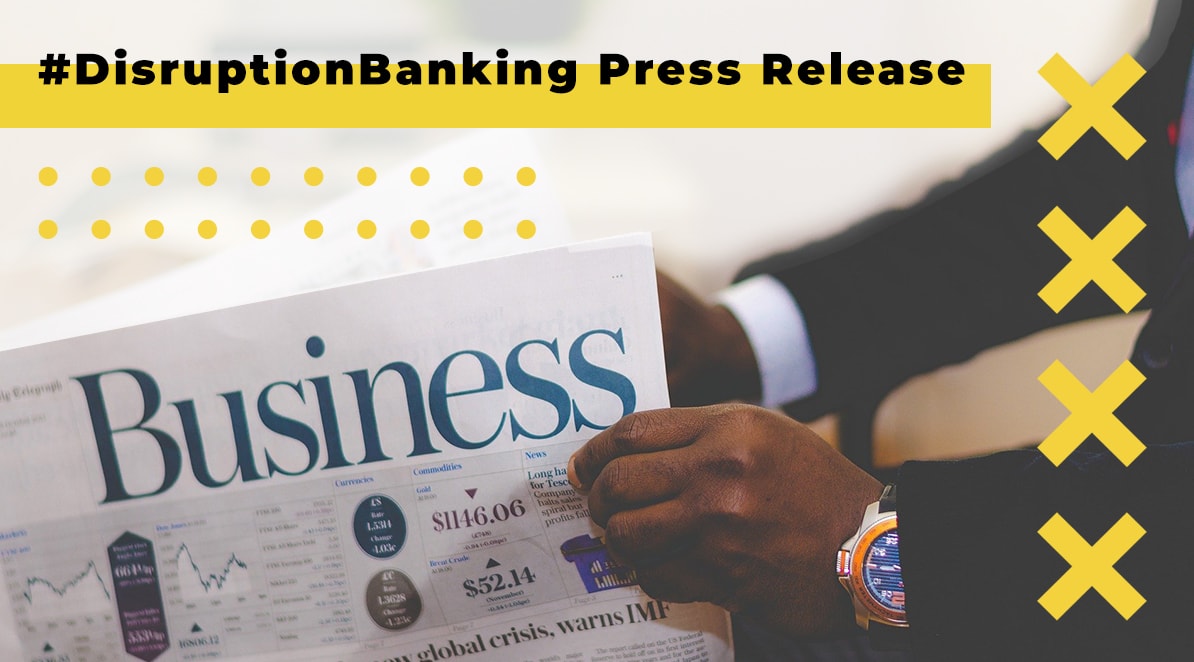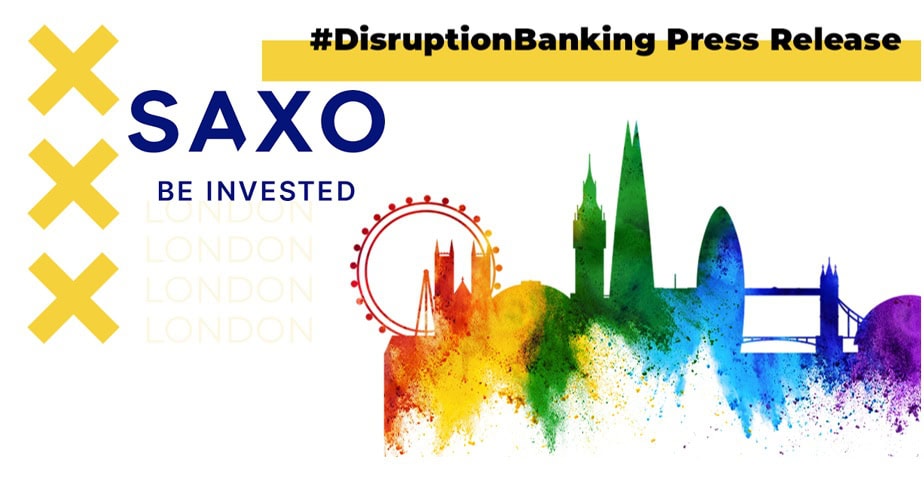Stablecoins could be backed by central banks as a short cut to a much talked about Central Bank Digital Currency, the Gillmore Centre Policy Forum heard at Warwick Business School.
Antoine Martin, of the Federal Reserve Bank of New York, revealed research into the future of digital currencies that highlighted a new path for Central Bank Digital Currency (CBDCs)
Instead of ploughing more money and resources into producing their own digital currency, central banks could support the development of safe stablecoins.
The Financial Research Advisor said: “Stablecoins are much better payment instruments than Bitcoin and stabalise their value by being backed by assets denominated in a fiat currency. They commonly depend on commercial bank money to hold the reserve assets that back their coin representations and this is typically the US dollar.
“Stablecoins are very close cousins of Alipay and Tenpay’s digital payment platforms in China. Indeed, for every yuan in customer deposits, Alipay and Tenpay must hold a yuan in an account at the People’s Bank of China, making them functionally equivalent to stablecoins.
“And so in principle, central bank liabilities could support the provision of stablecoins, much like bank reserves for commercial bank money.”
Mr Martin unveiled his thinking to policymakers gathered for the Gillmore Centre Policy Forum at WBS London at The Shard.
Warwick Business School’s Gillmore Centre was established in 2019 thanks to a £3 million donation from Clive Gillmore, founding member and CEO of Mondrian Investment Partners that holds Rothko as a subsidiary.
Its mission is to research emerging technologies in the financial sector such as AI, blockchain, mobile payments, cryptocurrencies and crowdfunding platforms.
Also giving talks at the event, entitled ‘DeFi & Digital Currencies: The Challenges & Opportunities for Policy Makers’, were Sir Jon Cunliffe, Deputy Governor of the Bank of England, and Lord Chris Holmes, Vice-chair of the All-Party Parliamentary Group on FinTech, House of Lords. While presentations were also given by the Bank of International Settlements and the Bank of Canada.
Mr Martin added: “Instead of issuing a retail CBDC, central banks could support stablecoins by allowing them to be backed one-for-one with balances in a central bank account. They could also facilitate a bankruptcy remote legal structure to ensure that end-users are paid in full even if the issuer becomes bankrupt.
“Such stablecoins could be a close substitute for central bank digital money, while balances in a central bank account are risk free and could earn interest. Though stablecoin issuers should be subject to some oversight in exchange for access to a central bank account.
“These stablecoins would be safer to end-users and thus more attractive than those backed with other assets.
“Rather than producing a competitor to digital currencies by producing a CBDC, central banks could be used as a tool by providers to enhance their payment service.
“Adapting our regulatory and legislative environment to support stablecoins is already a formidable task, but it is probably easier than managing a CBDC for retail use, especially as the private sector currently provides all retail digital means of payments on legacy technology.”
Ram Gopal, Professor of Information Systems & Management and Director of the Gillmore Centre for Financial Technology, said: “This is a fascinating idea and something that will need research. The topic of stablecoins and the idea of central banks bringing in their own digital currencies is something the Gillmore Centre is researching. Fintech and cryptocurrencies are evolving rapidly and it is vital the implications and impact of them is researched thoroughly so a robust ecosystem can be developed where consumers are protected and innovation is allowed to flourish”
————————
Warwick Business School is the largest department of the University of Warwick with its Full-time MBA ranked number one in the UK by The Economist and its Distance Learning MBA ranked the best in the world by the Financial Times. WBS is triple-accredited by the leading global business education associations and was the first in the UK to attain this accreditation. Offering the full portfolio of business education courses, from undergraduate through to MBAs, DBAs and Executive Diplomas, and with a strong Doctoral Programme, WBS is the complete business school. Its Dean, Professor Andy Lockett, has a worldwide reputation in the fields of strategy and entrepreneurship, with leading technology executives voting him one of the world’s top 100 professors in the field, while he was also identified as one of the top 50 Technology Innovation Management scholars in the world. #
The primary mission of the Gillmore Centre for Financial Technology is to conduct world-class, cutting-edge research at the intersection of finance and technology. The Centre engages in research exploring the transformative impact of emerging technologies like artificial intelligence, machine learning, blockchain, mobile payments, cryptocurrencies and crowdfunding platforms on financial activities. This is a multi-disciplinary endeavour necessitating expertise in diverse domains such as information systems, data science, finance, artificial intelligence, behavioural science, and engineering.















